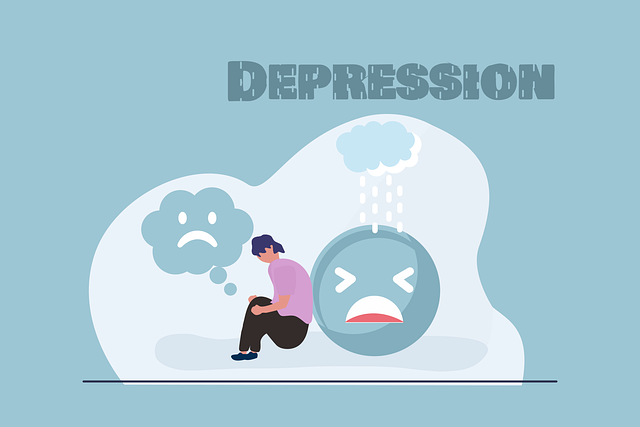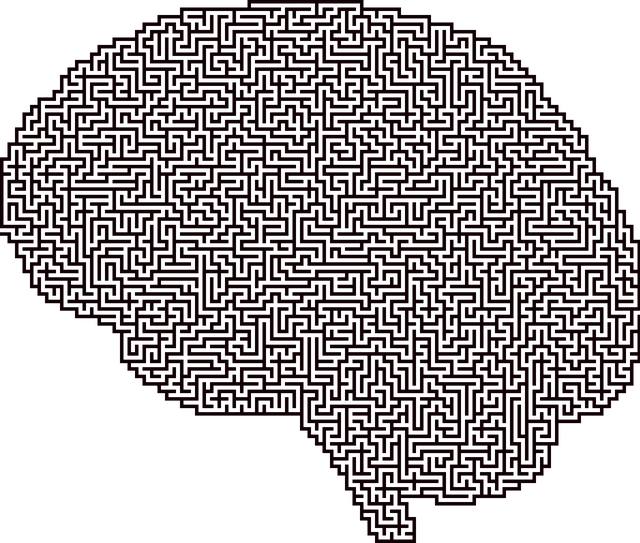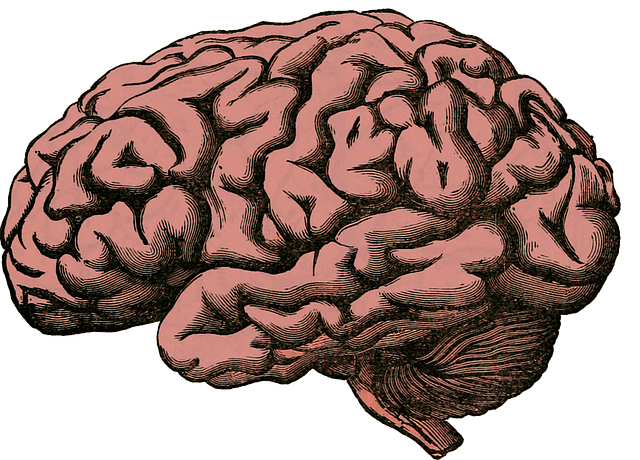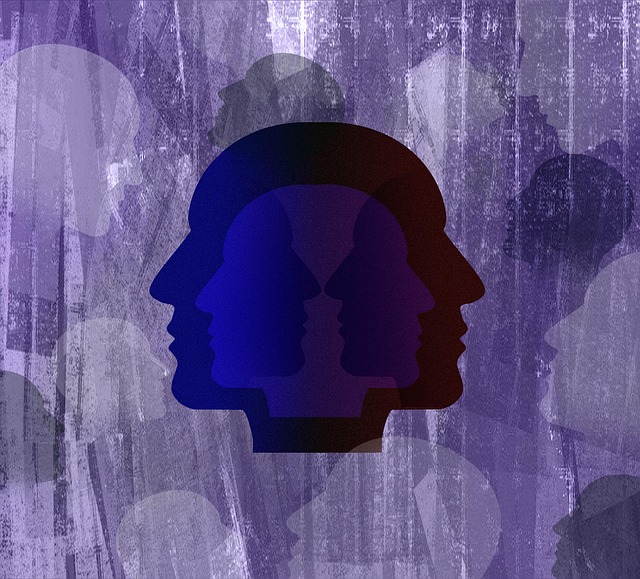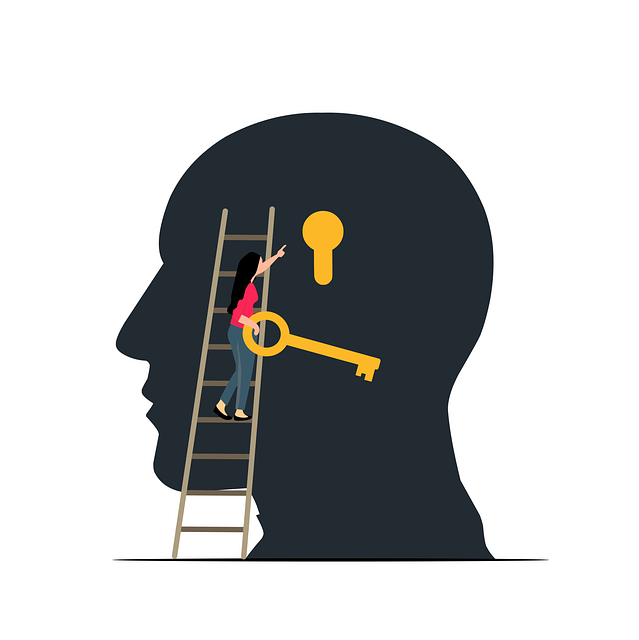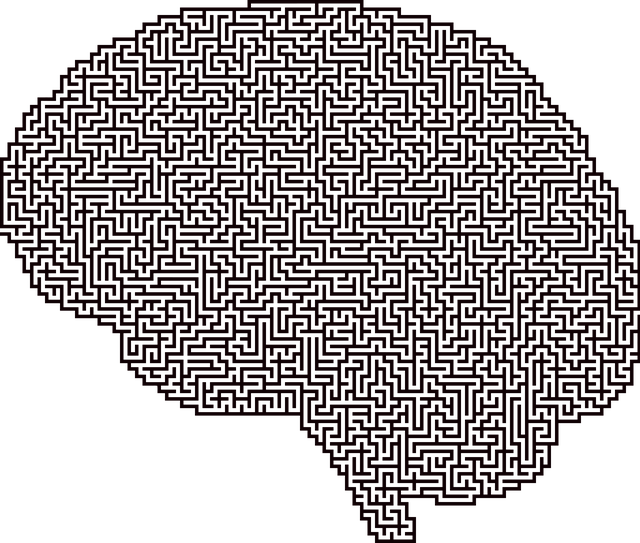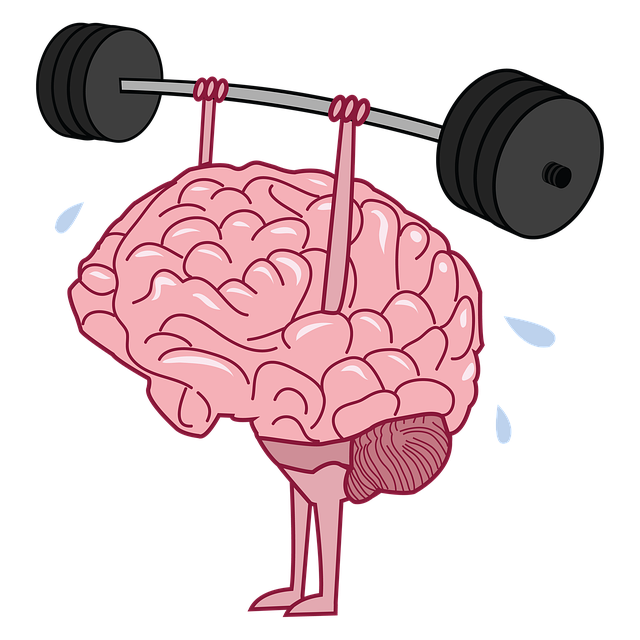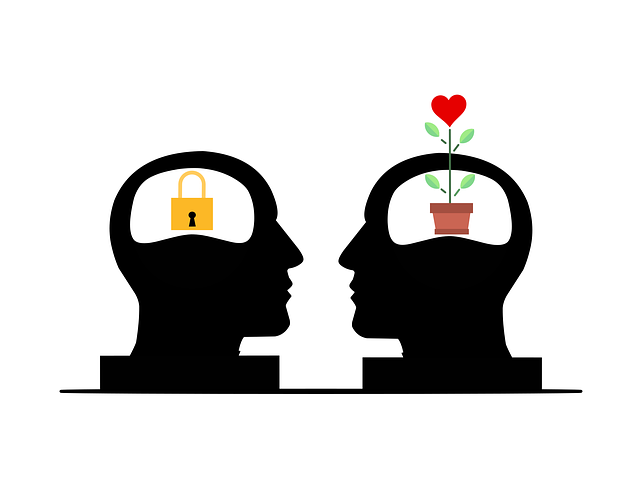Colorado Springs faces a growing need for geriatric mental wellness coaching, addressing challenges like isolation, cognitive decline, and physical health concerns in seniors. Colorado Springs Geriatrics Therapy offers tailored interventions, including coaching, to empower older adults with stress management, emotional regulation, and psychological flexibility. Through empathy-building techniques, crisis intervention guidance, and education on mental health resources, vulnerable adults build resilience and enhance their quality of life. A strategic, continuously improving approach focusing on depression prevention and coping skills development ensures the program's effectiveness in fostering positive mental health outcomes within the Colorado Springs community.
In Colorado Springs, addressing mental wellness among the elderly is a growing priority. This article explores the development of specialized coaching programs tailored to meet the unique needs of geriatrics in this region. We delve into the significance of understanding the specific challenges faced by older adults and how effective coaching can significantly improve their quality of life. Through examining program design, implementation strategies, and continuous improvement, we aim to enhance access to essential Colorado Springs geriatrics therapy.
- Understanding the Need for Geriatric Mental Wellness Coaching in Colorado Springs
- Designing Effective Coaching Programs for Elderly Populations
- Implementation and Continuous Improvement Strategies for Geriatrics Therapy
Understanding the Need for Geriatric Mental Wellness Coaching in Colorado Springs

In Colorado Springs, the demand for geriatric mental wellness coaching is growing, reflecting a profound understanding of the unique challenges older adults face in navigating their mental health journeys. The aging population brings to light complex issues such as cognitive decline, loneliness, and chronic illnesses, which can significantly impact an individual’s mental well-being. Therefore, tailored interventions like mental wellness coaching become indispensable tools for fostering resilience and enhancing quality of life.
Colorado Springs Geriatrics Therapy focuses on empowering seniors with the skills needed to manage stress, improve emotional regulation, and promote overall psychological flexibility. Through effective coaching strategies, including Empathy Building Techniques and Crisis Intervention Guidance, vulnerable adults can learn coping mechanisms that build resilience against mental health challenges. Moreover, Mental Health Education Programs Design tailored for this demographic ensures they have access to knowledge about their mental health rights and available resources, encouraging proactive engagement in their well-being.
Designing Effective Coaching Programs for Elderly Populations

Developing coaching programs tailored for the elderly population is a specialized task that requires a deep understanding of their unique needs and challenges. With an aging demographic, effective geriatric therapy becomes essential in Colorado Springs and beyond. Coaches play a vital role in promoting mental wellness by offering support, guidance, and evidence-based strategies to enhance quality of life. One key aspect is incorporating self-care practices tailored for older adults, ensuring they feel heard, understood, and empowered.
The programs should address common issues faced by the elderly, such as social isolation, cognitive decline, or physical health concerns, by integrating communication strategies and conflict resolution techniques. By teaching effective communication, coaches can facilitate meaningful connections, improve intergenerational relationships, and foster a sense of belonging. This, in turn, can reduce feelings of loneliness and enhance overall mental wellness.
Implementation and Continuous Improvement Strategies for Geriatrics Therapy

In the realm of Colorado Springs Geriatrics Therapy, implementing effective coaching programs requires a strategic approach focused on continuous improvement. The first step involves assessing the unique needs and challenges faced by the geriatric population, which often includes issues related to depression prevention and coping skills development. Tailoring self-care practices to address these concerns can significantly enhance the program’s success.
Regular reviews and feedback sessions with participants are crucial for refining coaching strategies. By incorporating participant insights, therapists in Colorado Springs Geriatrics Therapy can adapt their methods to better suit individual needs. This dynamic approach ensures that the program remains relevant, effective, and responsive to the evolving mental health landscape, ultimately fostering positive outcomes in depression prevention and overall wellness.
In conclusion, addressing geriatric mental wellness in Colorado Springs through tailored coaching programs is a vital step towards enhancing the quality of life for elderly residents. By understanding their unique needs and designing effective interventions, we can foster meaningful connections and improve overall well-being. Continuous improvement strategies, based on successful implementations, will ensure that Colorado Springs geriatrics therapy remains accessible and impactful for the aging population, ultimately enriching their lives and contributing to a happier, healthier community.




